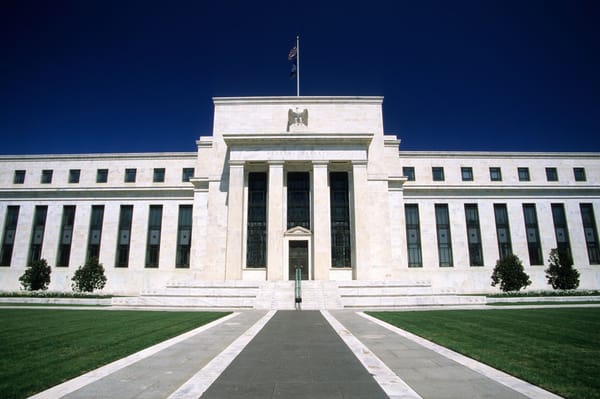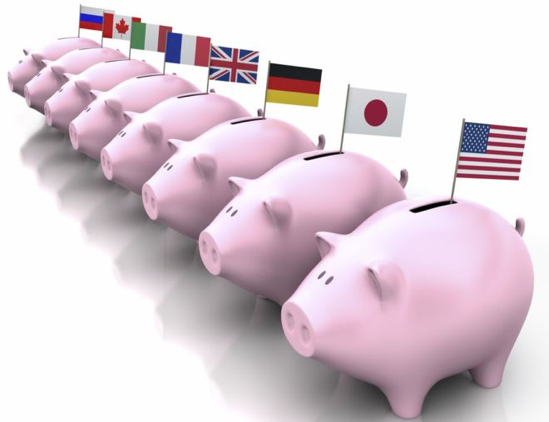ESG investing, is it really worth it?

Global Warming. Corruption. War. Poverty. These are all problems every human on the face of the earth must deal with, and it is something everyone should be tackling. The financial industry has decided to combat these problems with Environmental, Social and Governance (ESG) Investing. It is investing standards that indicates whether a company has strong ethical and sustainable practices. Investors who wish to buy these stocks for their portfolio do so through socially responsible mutual funds and exchange-traded funds.
Some argue that this breaches asset managers’ duty to focus solely on investment returns, however, comparing the annualized 5-year return on the MSCI Europe Index at 13.5% with the more sustainable MSCI Europe SRI Index at 14.87%, many think that returns are actually greater. Furthermore, looking at the bigger picture, climate change will continue to cost the world economy more and more. According to the UN Intergovernmental Panel on Climate Change, extreme weather and the health impact of burning fossil fuels cost the American economy at least $240bn a year over the past decade. By 2030, the report estimates that the loss of productivity caused by a hotter world could cost the global economy $2trn. Fortunately, BlackRock is estimating that the ESG investment market will grow 16-fold, from $25bn to $400bn, over the next decade. The difficultly comes in integrating ESG in a standardised way into financial products. Responsible investing is a complex area with no fixed definitions, says Daniel Ung, head of smart beta strategy for the SPDR fund range at State Street Global Advisors. While it is simple to screen tobacco companies and weapon manufacturers out of the equation, it is harder to sift through stocks that are managing to transition to low-carbon economy well. This filtering effect may also have unexpected repercussions. Charlie Robertson of Renaissance Capital, argues that ESG criteria could skew capital flows towards the most privileged parts of the world, making it harder for less developed countries to escape poverty and in turn prevent them from progressing towards environmental and social governance. Mr Robertson suggests that, instead, investors should adopt economic relativism. Investors should judge a country relative to the GDP per person, recognising that Chile, Indonesia and Poland are all unusually virtuous given their stage of development. On the other hand, it is well known that foreign investment in a country can be overrated as a source of growth. Ashley Taylor of the World Bank thinks that emerging economies benefit from foreign investment only if they pass a certain threshold of institutional quality, which many emerging markets don’t. Maybe if investors starve these markets of fickle foreign capital, it may be a blessing in disguise, forcing them to stand on their own two feet.









